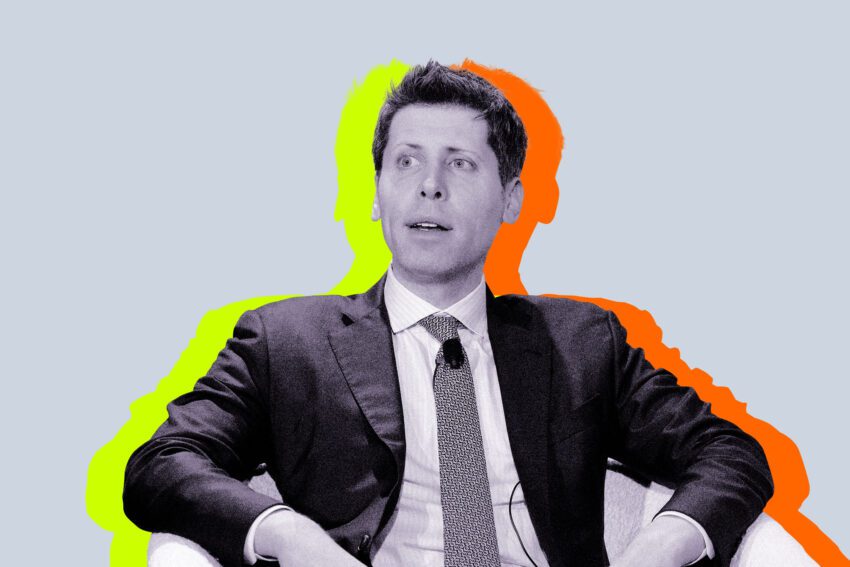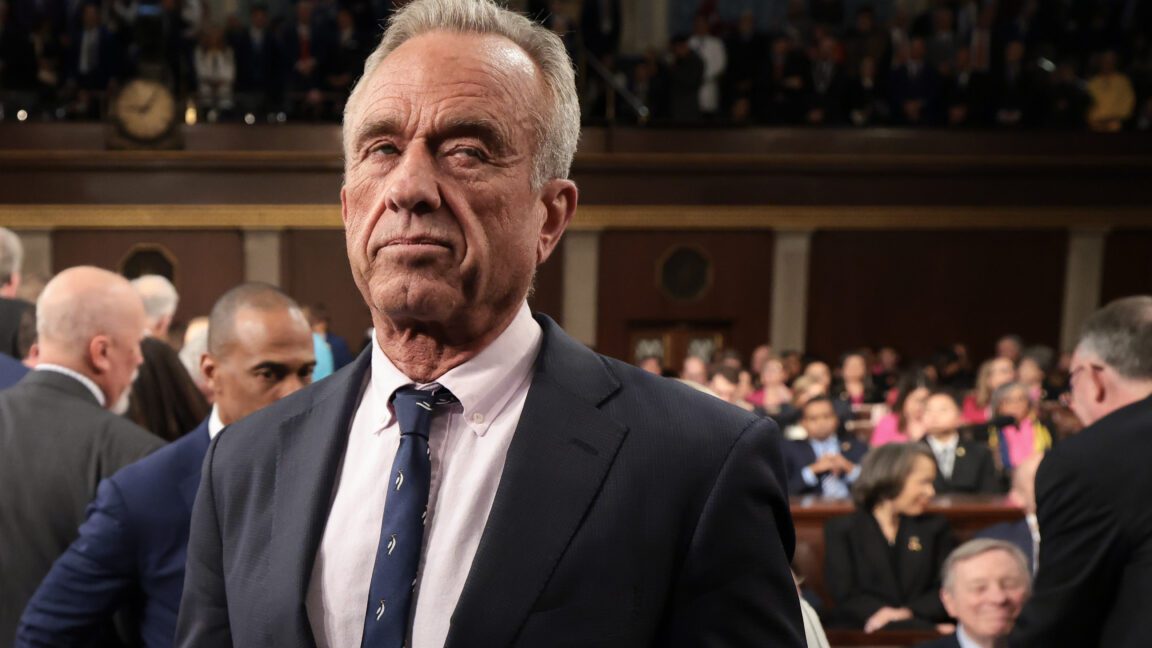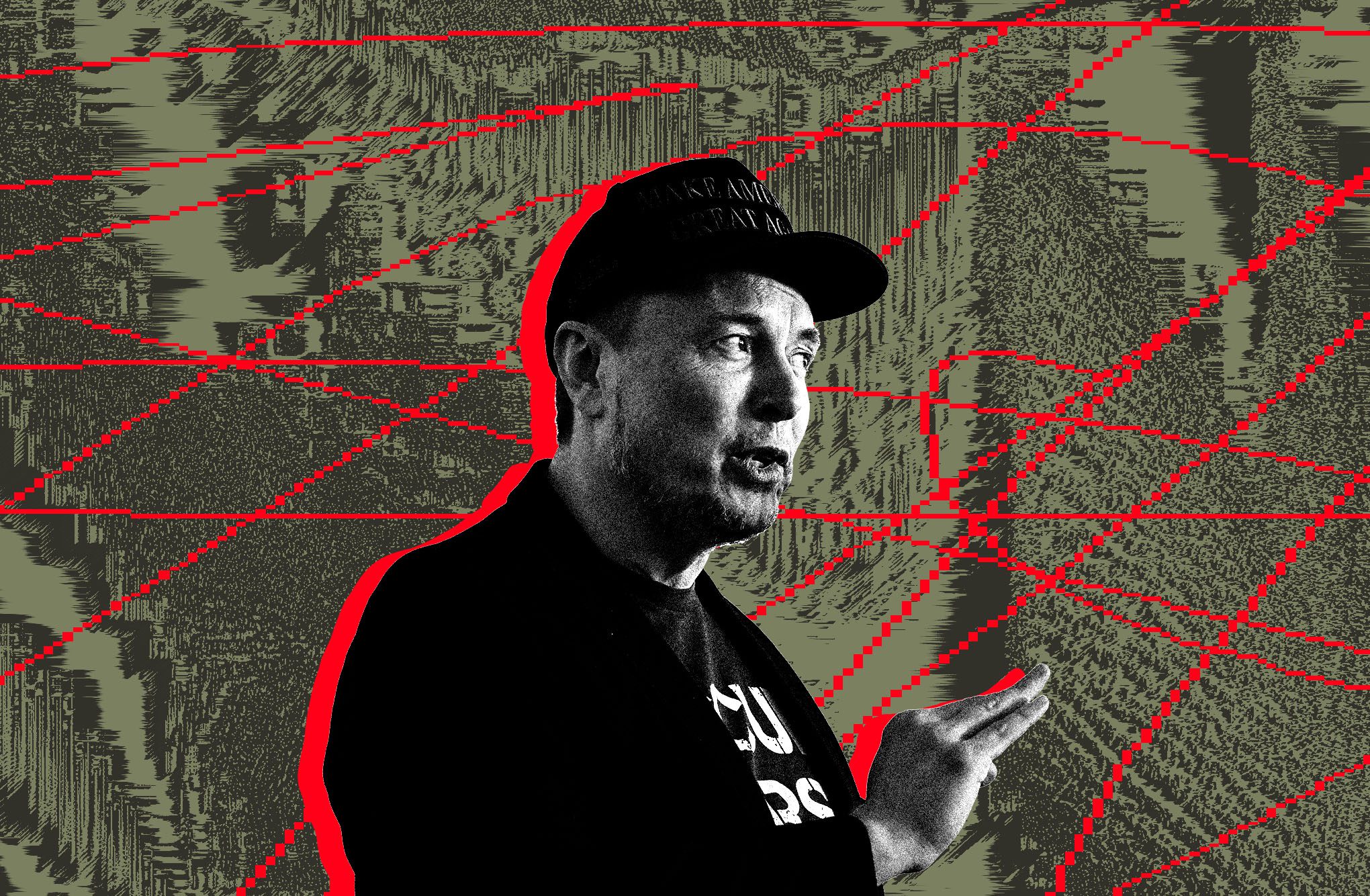
tucker carlson asks sam altman if an In a recent interview, Tucker Carlson confronted OpenAI CEO Sam Altman with allegations surrounding the death of former OpenAI researcher Suchir Balaji, suggesting a conspiracy theory that Balaji was murdered.
tucker carlson asks sam altman if an
Background on Suchir Balaji’s Death
Suchir Balaji, a former researcher at OpenAI, died in November 2024, a case that has since garnered significant media attention and speculation. The San Francisco police ruled his death a suicide, but the circumstances surrounding it have led to various conspiracy theories, particularly among those who question the integrity of AI companies. Balaji had been vocal about his concerns regarding OpenAI’s practices, particularly its alleged copyright violations. He had made statements online and contributed to a New York Times article that criticized OpenAI’s use of copyrighted data, claiming it was damaging to the internet.
In the lead-up to his death, Balaji was reportedly set to testify in a lawsuit against OpenAI and Microsoft, which further fueled speculation about the nature of his demise. Intellectual property lawyers, however, have pointed out that Balaji’s arguments regarding copyright law appeared to misunderstand the legal framework, and he had not disclosed any new insider information that could substantiate claims of wrongdoing by OpenAI.
Tucker Carlson’s Confrontation with Sam Altman
During the interview, which lasted about half an hour, Carlson pressed Altman on the allegations surrounding Balaji’s death. Carlson expressed his belief that Balaji was “definitely murdered,” citing what he described as “signs of a struggle” and the absence of a suicide note. He emphasized that Balaji had just returned from a vacation and had been in contact with family members shortly before his death, which he argued contradicts the notion of suicide.
Key Points from the Interview
The exchange between Carlson and Altman was particularly striking, as it highlighted the tension between conspiracy theories and the realities of corporate accountability. Here are some notable excerpts from their conversation:
- Carlson: “He was definitely murdered, I think… there were signs of a struggle, of course. The surveillance camera, the wires had been cut. He had just ordered take-out food, come back from a vacation with his friends on Catalina Island. No indication at all that he was suicidal. No note and no behavior. He had just spoken to a family member on the phone. And then he’s found dead with blood in multiple rooms. So that’s impossible. Seems really obvious he was murdered. Have you talked to the authorities about it?”
- Altman: “I have not talked to the authorities about it.”
- Carlson: “Um, and his mother claims he was murdered on your orders.”
- Altman: “Do you believe that?”
- Carlson: “I- I’m, Well, I’m asking.”
- Altman: “I mean… you, you just said it, so do you, do you believe that?”
- Carlson: “I think that it is, um, worth looking into. And I don’t… I mean, if a guy comes out and accuses your company of committing crimes, I have no idea if that’s true or not, of course. Um, and then he is found killed, and there are signs of a struggle. I… I don’t think it’s worth dismissing it… I don’t think we should say, well, he killed himself when there’s no evidence that the guy was depressed at all.”
- Altman: “I did offer, she didn’t want to.”
- Carlson: “So, do you feel that, you know, when people look at that and they’re like, you know, it’s possible that happened. Do you feel that that reflects the worries they have about what’s happening here? Like people are afraid that this is like…”
- Altman: “I haven’t done too many interviews where I’ve been accused of, like…”
- Carlson: “Oh, I’m not accusing you at all. I’m just saying his mother says that.”
Implications of the Discussion
The conversation between Carlson and Altman raises significant questions about the intersection of technology, ethics, and accountability. Balaji’s death, whether viewed through the lens of conspiracy or as a tragic event, highlights the growing scrutiny surrounding AI companies and their practices. As AI technology continues to evolve, concerns about its implications for society are becoming increasingly pronounced.
Balaji’s allegations against OpenAI regarding copyright violations reflect a broader debate about the ethical use of data in training AI models. As companies like OpenAI push the boundaries of what AI can do, the legal and moral implications of their actions are coming under fire. The fact that Balaji was set to testify in a lawsuit against OpenAI adds another layer of complexity to the situation, as it raises questions about the lengths to which individuals might go to protect their interests in the rapidly evolving tech landscape.
Reactions from Stakeholders
The reactions to Balaji’s death and the ensuing conspiracy theories have been mixed. On one hand, Balaji’s mother has been vocal in her belief that her son was murdered to protect corporate interests, a sentiment echoed by some high-profile figures, including Elon Musk. Musk has been known to criticize AI companies and their practices, and his involvement in promoting Balaji’s narrative has amplified the conspiracy theories surrounding the case.
On the other hand, many in the tech community have dismissed these theories as unfounded. Intellectual property lawyers and former employees of OpenAI have pointed out that Balaji’s arguments lacked a solid legal basis and that he had not provided any new information that would warrant such drastic claims. This divide illustrates the broader tension between those who advocate for greater transparency and accountability in tech and those who view such claims as distractions from the real issues at hand.
Conclusion
The interview between Tucker Carlson and Sam Altman serves as a microcosm of the larger debates surrounding AI, ethics, and corporate responsibility. Balaji’s death, while ruled a suicide, has sparked a range of conspiracy theories that question the integrity of AI companies and their practices. As the conversation around AI continues to evolve, it is crucial for stakeholders to engage in open dialogue about the ethical implications of technology and the responsibilities of those who create it.
As the public grapples with the complexities of AI and its impact on society, incidents like Balaji’s death will likely continue to fuel discussions about accountability and transparency in the tech industry. The implications of these discussions extend beyond individual cases, shaping the future of how AI is developed and regulated.
Source: Original report
Was this helpful?
Last Modified: September 13, 2025 at 5:37 am
0 views















